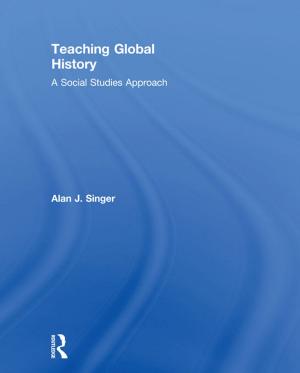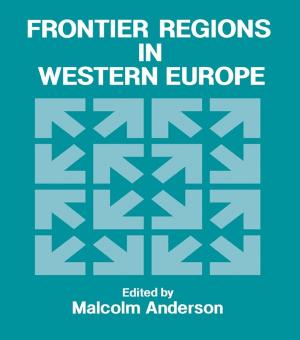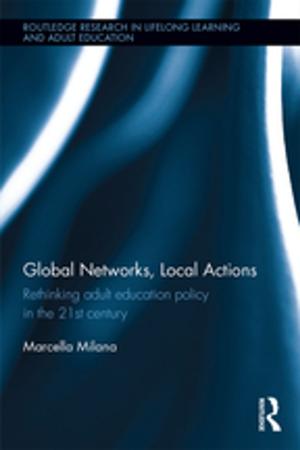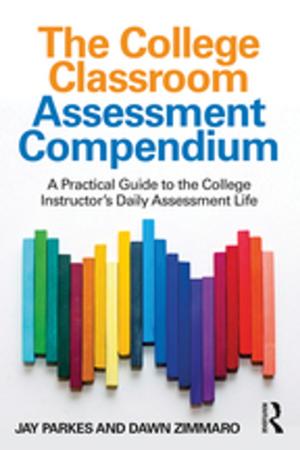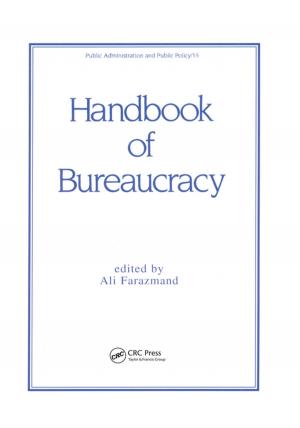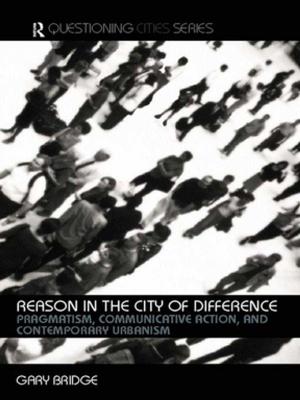Models and Modeling Perspectives
A Special Double Issue of mathematical Thinking and Learning
Nonfiction, Reference & Language, Education & Teaching, Teaching, Teaching Methods| Author: | ISBN: | 9781135484330 | |
| Publisher: | Taylor and Francis | Publication: | July 16, 2014 |
| Imprint: | Routledge | Language: | English |
| Author: | |
| ISBN: | 9781135484330 |
| Publisher: | Taylor and Francis |
| Publication: | July 16, 2014 |
| Imprint: | Routledge |
| Language: | English |
This special issue of Mathematical Thinking and Learning describes models and modeling perspectives toward mathematics problem solving, learning, and teaching. The concern is not only the mature forms of models and modeling in communities of scientists and mathematicians, but also the need to initiate students in these forms of thought. The contributions of this issue suggest a variety of ways that students (children through adults) can be introduced to highly productive forms of modeling practices. Collectively, they illustrate how modeling activities often lead to remarkable mathematical achievements by students formerly judged to be too young or too lacking in ability for such sophisticated and powerful forms of mathematical thinking. The papers also illustrate how modeling activities often create productive interdisciplinary niches for mathematical thinking, learning, and problem solving that involve simulations of similar situations that occur when mathematics is useful beyond school.
This special issue of Mathematical Thinking and Learning describes models and modeling perspectives toward mathematics problem solving, learning, and teaching. The concern is not only the mature forms of models and modeling in communities of scientists and mathematicians, but also the need to initiate students in these forms of thought. The contributions of this issue suggest a variety of ways that students (children through adults) can be introduced to highly productive forms of modeling practices. Collectively, they illustrate how modeling activities often lead to remarkable mathematical achievements by students formerly judged to be too young or too lacking in ability for such sophisticated and powerful forms of mathematical thinking. The papers also illustrate how modeling activities often create productive interdisciplinary niches for mathematical thinking, learning, and problem solving that involve simulations of similar situations that occur when mathematics is useful beyond school.






